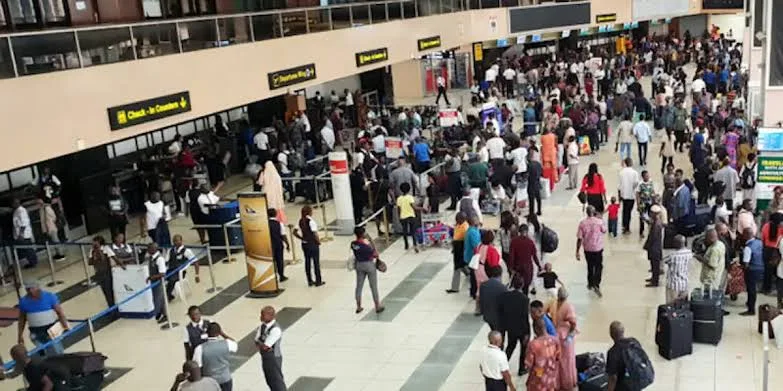By Chioma Ahaghotu
When you see Indians dominating corporate America or Asians building enclaves in every major U.S. city, it didn’t happen by accident.
It’s the result of systems they put in place generations ago to multiply opportunities and insulate their people.
Indians, for example, learned early that education was a migration strategy.
Families would pool money to send one child abroad on a student visa, knowing that a STEM degree could transition into OPT and then an H-1B job.
At the same time, Indian consulting giants like Infosys, Wipro, and TCS sponsored thousands of workers at once, placing them across the U.S. companies and creating a steady conveyor belt of talent.
Asians leaned heavily on business as their anchor. Chinese groceries, Korean salons, Indian-owned 7/11 stores, and motels weren’t just small businesses. They were immigration pipelines.
Relatives were brought in on employment visas, stabilized, and eventually set up to run their own ventures.
Cooperative banks, rotating credit clubs, and ethnic development funds financed these moves, making migration not an individual gamble but a collective investment.
From there, chain migration kept the cycle alive, one person became a citizen, sponsored family members, and within a decade entire communities were transplanted abroad, supported by networks of education, business, and financing.
Now compare that to Nigerians. Despite being one of the most educated immigrant groups in the U.S., our migration often happens in ones and twos. We used the Asian route in the 60s , 70, 80s, and 90s ( My family was one good example, started migrating in the 60s). But over time, this pattern changed.
A single student comes on a scholarship or personal loan, but without a family or community system backing them, they’re left to navigate alone.
Nigerian businesses abroad tend to be individual hustles rather than scalable family ventures. And here lies a critical gap: your Nigerian relative can not simply bring ten people from Nigeria because they don’t have a business structure that allows for employment visas or sponsorship.
At best, they can host family for a visit, but not create pipelines that multiply opportunities.
Financing is ad hoc, reliant on “abroad uncles” or random remittances instead of intentional co-ops or credit systems.
Family reunification happens, but without coordinated strategy, it is slow and scattered.
The result is that Nigerians succeed individually, doctors, lawyers, tech workers, and academics, but without pipelines, we lack the multiplying effect Indians and Asians enjoy. Because we are mostly workers, not owners of the pipeline.
One Indian makes it out, and within a few years, ten more follow.
One Nigerian makes it out, and ten might be left behind. Although we have many examples of Nigerians bringing family over, at scale, it doesn’t compare to other immigrant populations.
That is the difference between multiplying abroad and just migrating.





